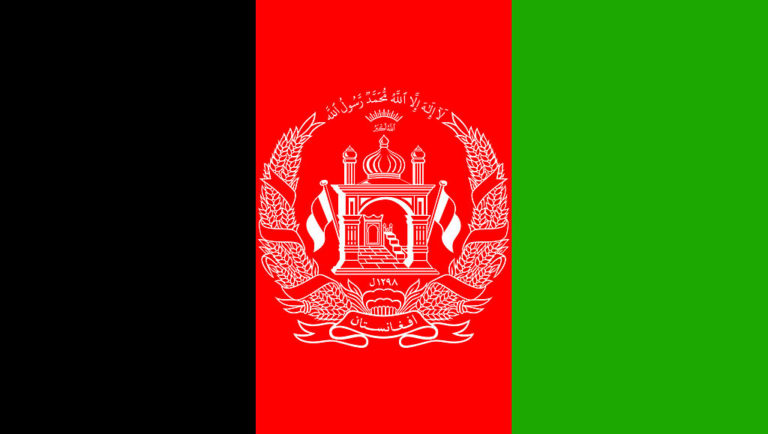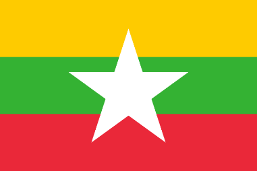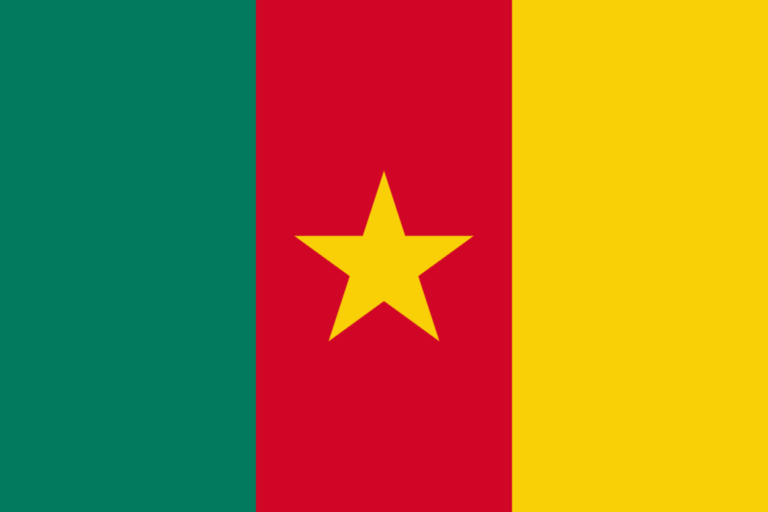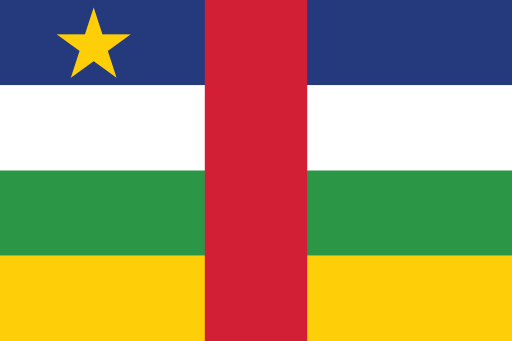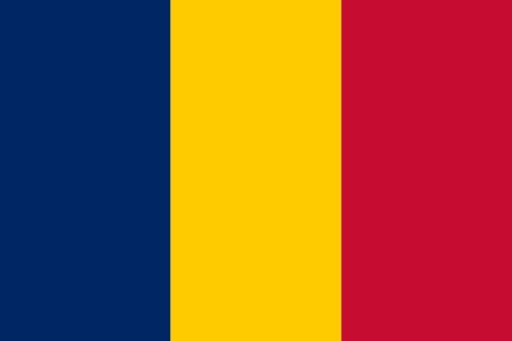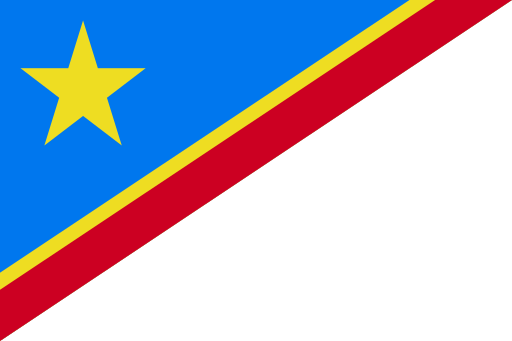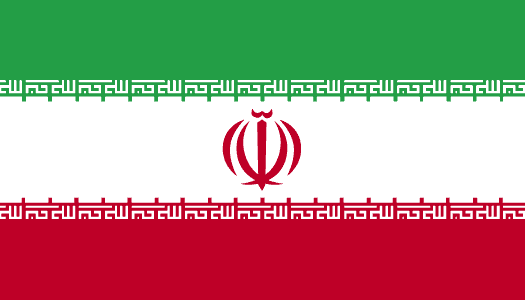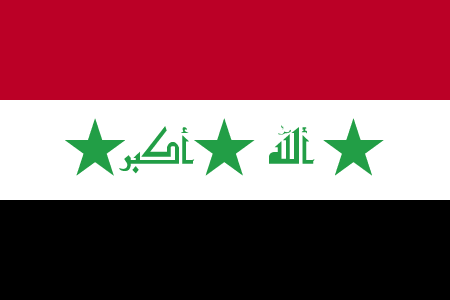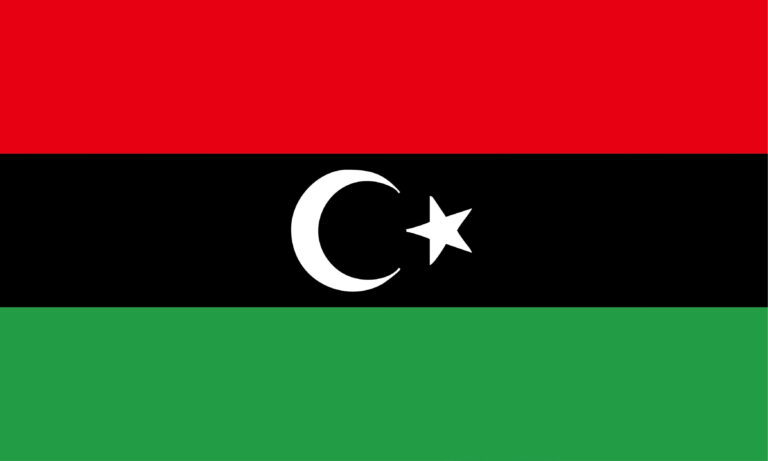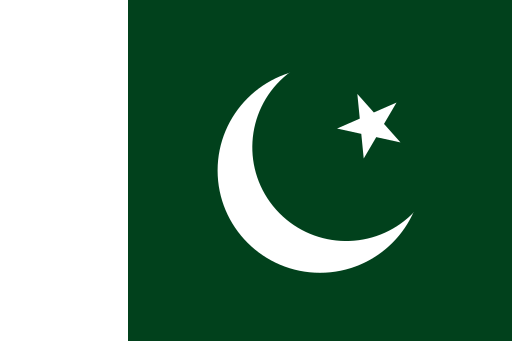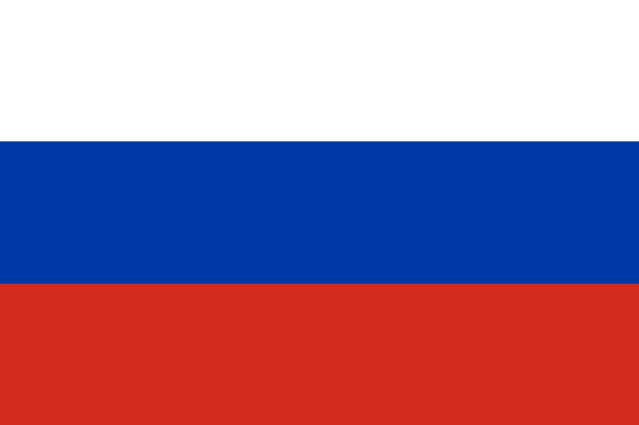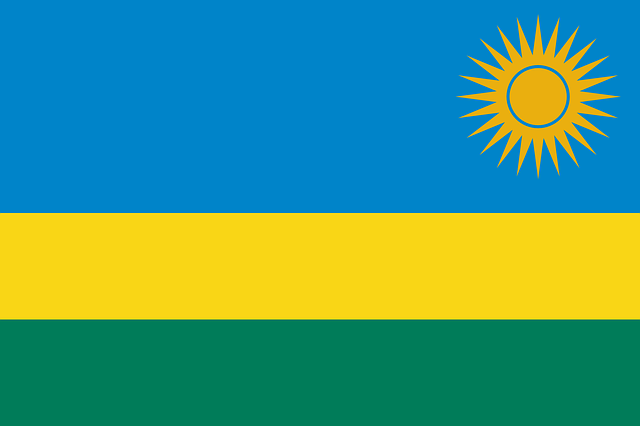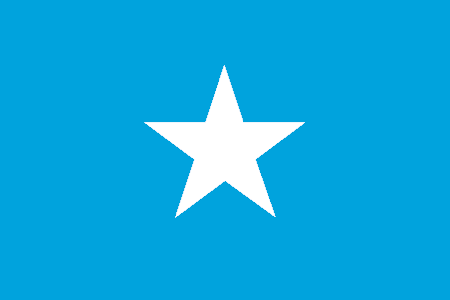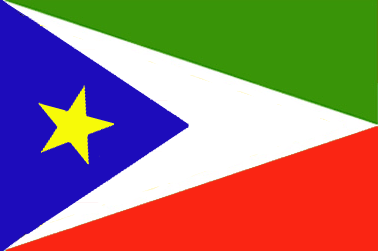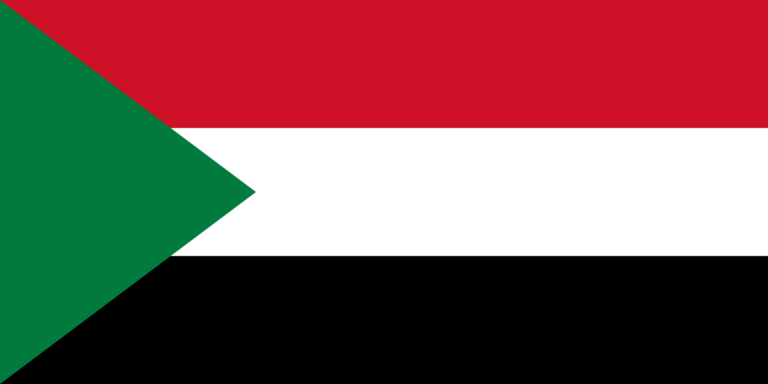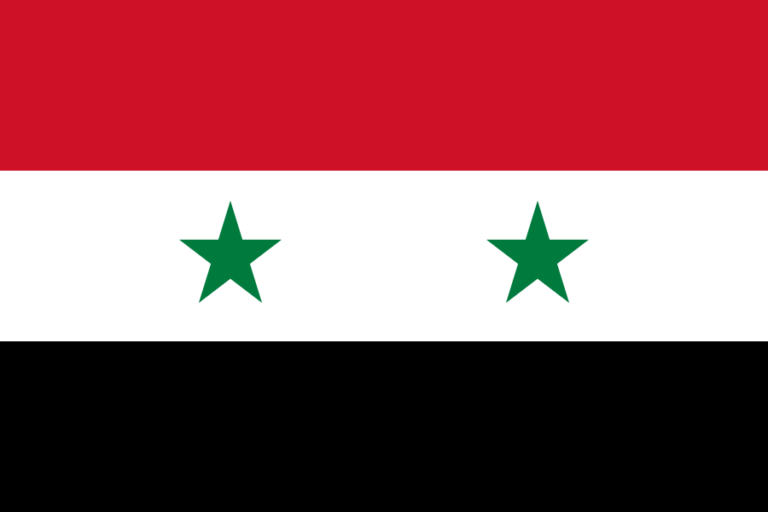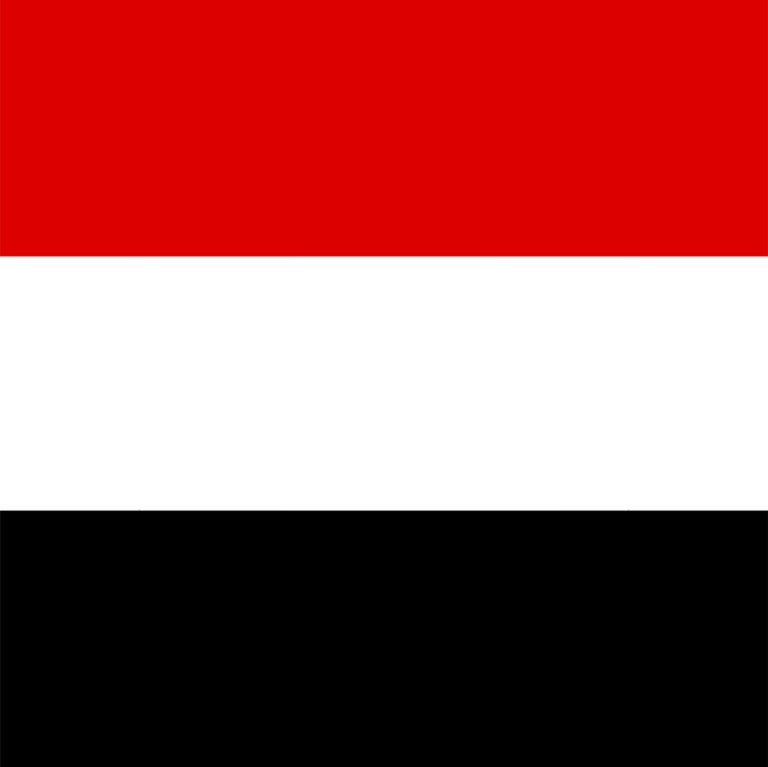- Updated October 24, 2023
Years Listed
Each shaded box corresponds to a year the country appeared on the CSPA list and what types of waivers it received, if any.
Mali first appeared on the CSPA list in 2017 and has appeared on the list every year since for a total of seven years. The U.S. president waived, either in part or in full, CSPA prohibitions against the provision of U.S. arms sales and military assistance to Mali in 2017, 2018, and 2019 and the U.S. Secretary of State, acting pursuant to a Presidential Delegation of Authority, issued a partial waiver for Mali in 2021. As a result of these waivers, Mali was provided more than $17 million in CSPA-relevant arms sales and military assistance between FY2018 and FY2022.
Specifically, the president has waived over $6.1 million in Direct Commercial Sales, more than $2.3 million in International Military Education and Training, and more than $8.5 million in Section 1206 or Section 333 assistance. The president did not waive CSPA prohibitions for Mali in 2020. As a result, the country was denied more than $34,000 in Direct Commercial Sales and $850,000 in International Military Education and Training for FY2021.
According to the U.S. State Department, the Malian armed forces and a government-supported armed group known as the Imghad Tuareg and Allies Self-Defense Group (GATIA) have used and recruited child soldiers. Malian security forces have also cooperated with another non-governmental armed group – Coordination of Movements of Azawad (CMA) – that engages in the practice. Mali first appeared on the CSPA list following reports that its government provided support to and collaborated with pro-government GATIA militia in 2016, during which time the group recruited 76 children, including some as young as eleven. The Malian government continued to provide support to and collaborate with GATIA between April 2021 and March 2022 despite the group reportedly continuing to forcibly recruit and use child soldiers. During the previous year, Malian security forces also carried out a military operation in cooperation with the CMA, an armed group that recruits and uses child soldiers and which reportedly used children to staff checkpoints at gold mines under its control. An international organization identified 215 children associated with armed groups in Mali in 2019 and 230 during the first half of 2020 alone.
Government forces have also recruited and used child soldiers over the years. In 2019, observers verified for the first time since 2014 that Malian armed forces recruited and used 47 children between the ages of 9 and 14 in support roles, including as couriers and domestic help. The armed forces also recruited and used at least 88 children, some of whom were used in direct hostilities, between April 2022 and March 2023.
The government has taken some steps to address the child soldier issue, including signing a 2017 UN Action Plan on the recruitment and use of children in armed conflict, removing child soldiers from its armed forces and transferring a number of children into the care of humanitarian organizations, and training government officials on the protection of children in armed conflict. Following confirmation in 2019 that government forces had recruited and used 47 child soldiers, Mali’s armed forces released all 47 children to their families and an international organization for care. The Malian government also banned children from all deployed military camps, designated a focal point to coordinate with international organizations on child soldiering allegations, and partnered with an international organization to identify and refer for care children used by armed groups. However, as recently as March 2023, corruption and official complicity continued to inhibit law enforcement action, and the government did not report any recent investigations into government officials complicit in child soldiering offenses.
For more information, see the U.S. State Department’s Trafficking in Persons Report and Country Reports on Human Rights Practices. More information on the situation in Mali can also be found in the UN Secretary-General’s annual report on Children and Armed Conflict and country-specific report on Mali.
Total Waived and Prohibited
Since the CSPA took effect.
Explore the Data
Country- and program-level data on the number and type of national interest waivers granted, as well as the amount of arms sales and military assistance waived.

